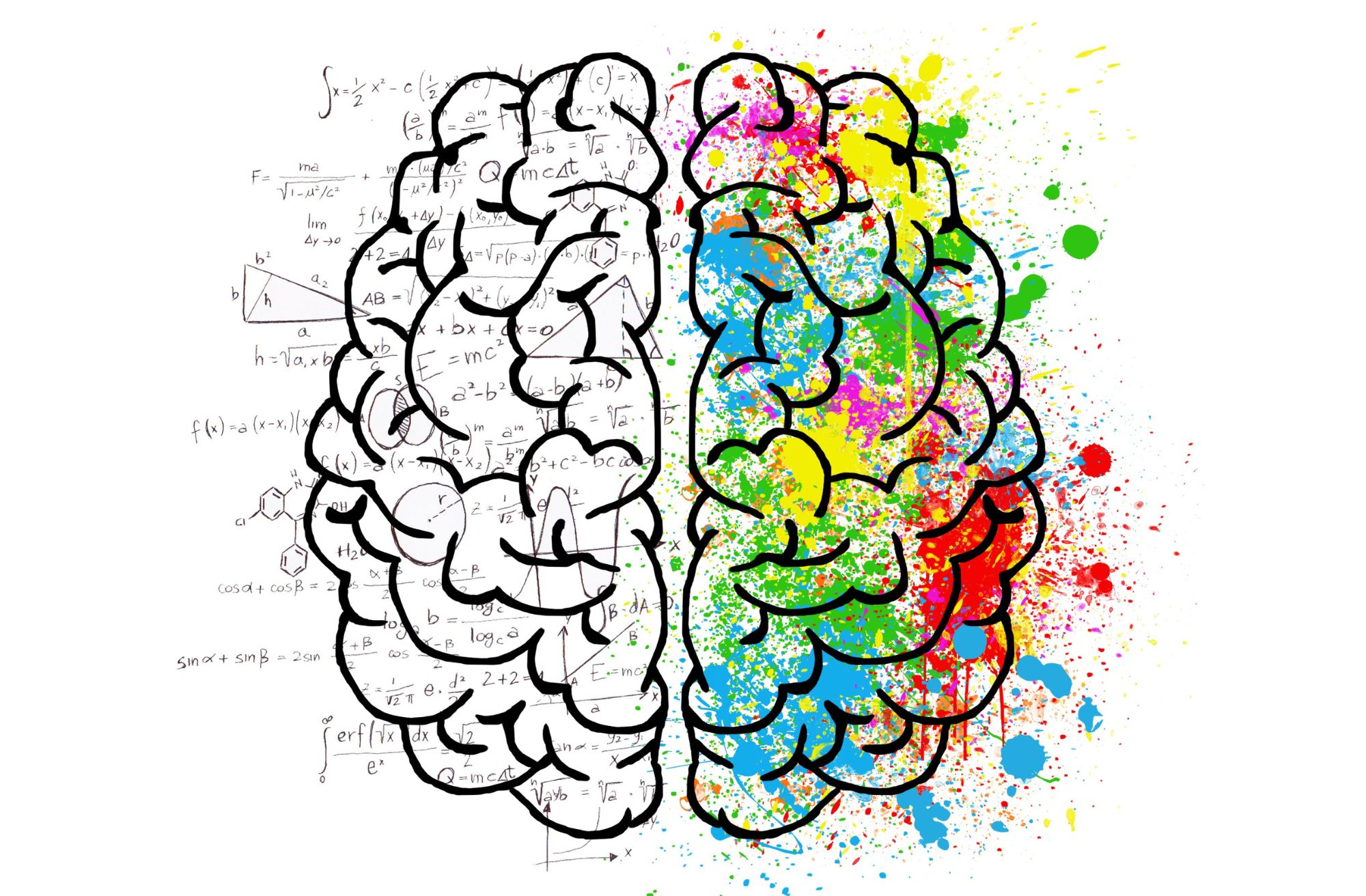Mental health is a complex and diverse field, and there are various disorders that people can experience. It’s important to note that it’s best to visit a licensed professional if you feel you need a diagnosis or need highly accurate information.
Here is some general information.
Mental health disorders can encompass a wide range of conditions, each with its own set of symptoms and challenges. Some common mental health disorders include:
1. Depression:
Characterised by persistent sadness, loss of interest or pleasure, and feelings of hopelessness. It can also lead to physical symptoms such as changes in appetite and sleep patterns.
2. Anxiety Disorders:
These include conditions like Generalised Anxiety Disorder (excessive worry about various issues), Panic Disorder (sudden and repeated attacks of fear), Social Anxiety Disorder (intense fear of social situations), and specific phobias.
3. Obsessive-Compulsive Disorder (OCD):
Involves unwanted, intrusive thoughts and repetitive behaviours or mental acts, often aimed at reducing the distress caused by the obsessions.
4. Post-Traumatic Stress Disorder (PTSD):
Develops after a person has been exposed to a traumatic event. Symptoms include flashbacks, nightmares, severe anxiety, and uncontrollable thoughts about the event.
5. Bipolar Disorder:
Characterised by episodes of depression and mania (periods of elevated mood, increased energy, and impulsive behaviour).
6. Schizophrenia:
A severe mental disorder that affects a person’s thinking, feeling, and behaviour. People with schizophrenia may seem like they have lost touch with reality.
7. Eating Disorders:
Such as Anorexia Nervosa (intense fear of gaining weight and a distorted body image) and Bulimia Nervosa (binge eating followed by purging behaviours).
8. Attention-Deficit/Hyperactivity Disorder (ADHD):
Commonly diagnosed in childhood and often lasts into adulthood. It involves a pattern of inattention and/or hyperactivity-impulsivity.
9. Personality Disorders:
Conditions characterised by persistent patterns of behaviour, cognition, and inner experience that deviate markedly from the expectations of the individual’s culture. Examples include Borderline Personality Disorder and Antisocial Personality Disorder.
Remember, this is not an exhaustive list, and each person’s experience with a mental health disorder is unique.
If you or someone you know is struggling with mental health, it’s important to seek help from a mental health professional. They can provide a proper diagnosis and create a tailored treatment plan to support the individual’s specific needs.


Leave a Reply